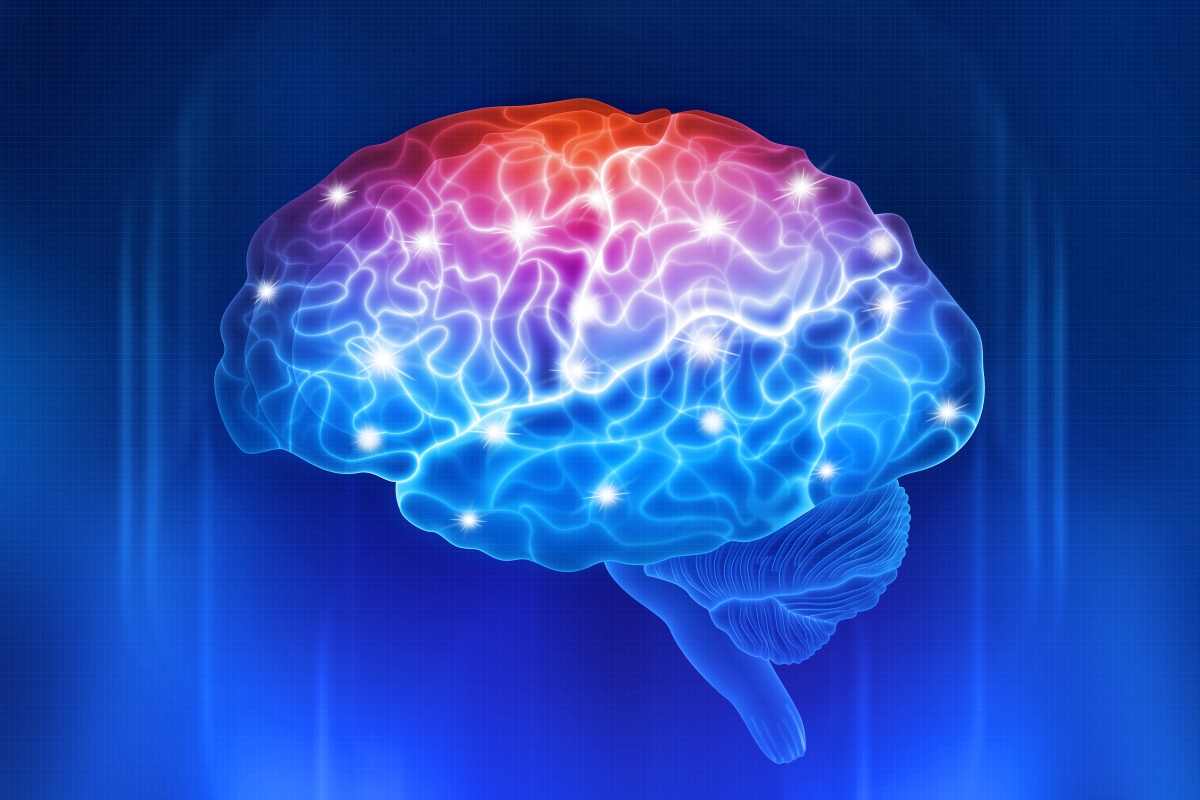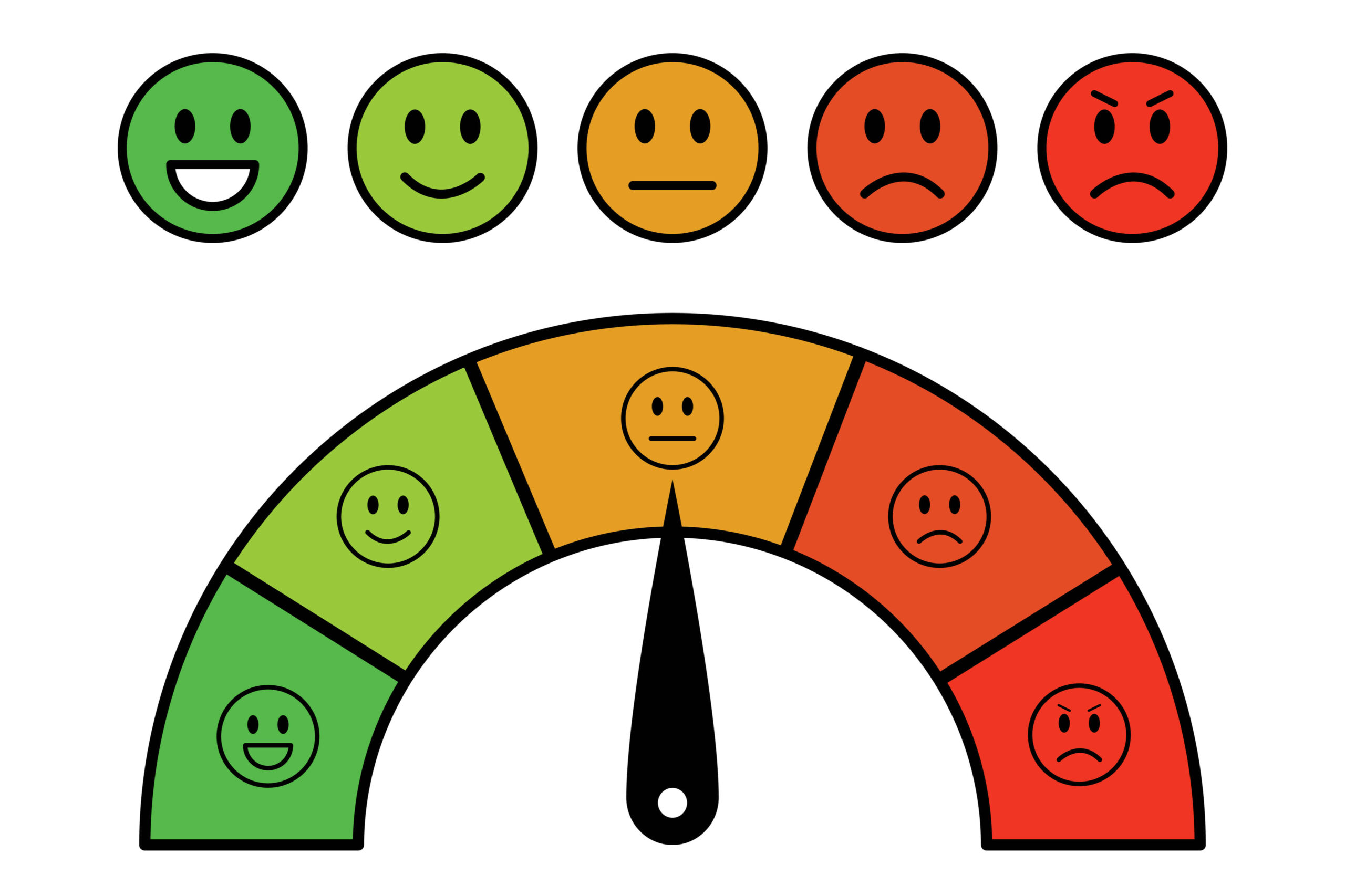Association between dopamine genes, adiposity, food addiction, and eating behavior in Chilean adult
Consuming high-sugar and high-fat foods frequently can influence dopamine signaling in the brain, leading to sustained activation of the reward system. It is hypothesized that individuals with a hypodopaminergic trait may overeat to stimulate dopamine production. Addiction and eating habits have been connected to genetic differences in this system. While many studies focus on single nucleotide polymorphism (SNP), fewer studies have used multilocus genetic scores, assessing genetic risk along a continuum. This cross-sectional study by Luengo et al. (2024) investigated the links between multilocus genetic scores (based on many dopaminergic system gene variants) and several measures of anthropometry, eating behavior, food reinforcement, and food addiction (FA) in a sample of Chilean adults (n = 221). In addition to standard anthropometric measurements, the authors used the following tools to gather data on eating behavior: the Three Factor Eating Questionnaire (TFEQ), Yale Food Addiction Scale (YFAS), Food Reinforcement Value Questionnaire (FRVQ), and a 24-hour food recall. TaqMan tests were used to construct multilocus genetic scores (rs1800497-rs1799732-rs6277-rs4680). Based on multilocus genetic scores (MLGS), no discernible variations in anthropometric measures were found throughout the whole sample. However, participants with a score of ≥ 2.0 on the MLGS had higher food choices on the FRVQ and lower intake of protein, lipids, saturated fatty acids (SAFA), monounsaturated fatty acids (MUFA), polyunsaturated fatty acids (PUFA), dietary cholesterol, omega-3, and omega-6 fatty acids. Individuals who were obese had higher scores on the FRVQ for uncontrolled eating, emotional eating, and reacting to appetizing food and lower scores on cognitive limitation when categorized by nutritional state. Among obese people, those with “MLGS ≥2.0 or low dopamine signaling” were more likely to be addicted to food (53%) than those with “MLGS <2.0 or high dopamine signaling” (23%). Additionally, emotional eating scores positively correlated with MLGS in individuals with obesity. In adults with obesity, lower dopamine signaling (as reflected by MLGS in the dopaminergic pathway) was associated with higher food addiction scores and altered eating behavior traits. [NPID: Food addiction, polymorphism, eating behavior, dopamine, obesity]
Year: 2024
 Navigation
Navigation








